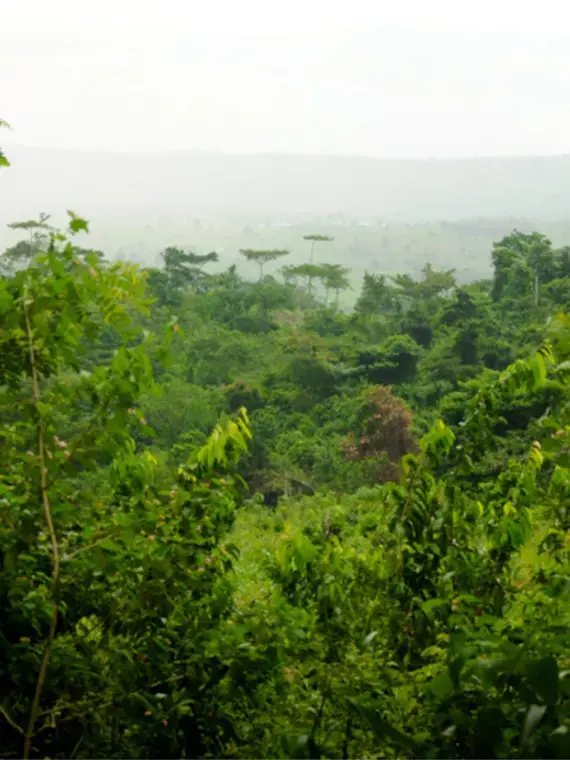Trekking through the dense rainforests of Ghana’s northern region, the sounds of birds is perhaps intermittently cut by the rip-roar of chainsaws in an otherwise scenic canopy that’s rich in biodiversity.
During COVID-19, illegal exports of rosewood from Ghana into China dropped 90 percent, but it rose sharply as restrictions eased. Around $20 million worth of Ghanaian rosewood is imported to China every month. Rosewood accounts for more than 20% of timber exports to the rest of the world, despite it being banned.
The loss of forest cover, mainly in protected national reserves, has been incalculable. Mole National Park, where there had been uncontrolled logging, is a UNESCO World Heritage site and a major tourist attraction for Ghana that’s home to elephants and endangered monkey species. These areas form patches of the Guinean Forest, one of the most pressurized but ecologically important tropical rainforests in West Africa.
Farmers have experienced extreme drought followed by flooding as a result of deforestation. At the height of the pandemic, Ghanaian officials considered “COVID-19 to be a wakeup call” in adapting to extreme weather events caused by climate change.
Yet Ghana is failing to curb rosewood exports. Ghana’s environmental defenders have mobilized long-running protests against illegal deforestation with little change.
This project will explore the link between illegal rosewood exports and Ghana’s ongoing road and hydropower dam projects.





